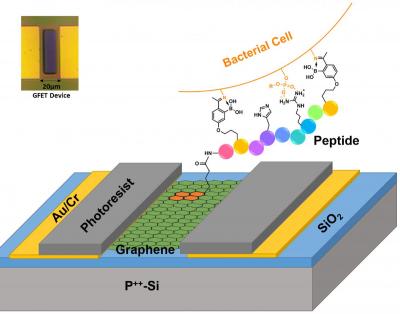
by MBF Admin | Mar 22, 2020 | 2D materials, Aerospace, AGM, Angstron Materials, Audio, Band gap, Development, Graphene Sensors, Investment, Medicine, Products, Research, Technical / Research, Transistors
A team led by Boston College researchers has used a sheet of graphene to track the electronic signals inherent in biological structures, in order to develop a platform to selectively identify deadly strains of bacteria. This effort could lead to more accurate...
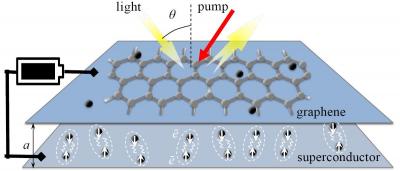
by MBF Admin | Feb 6, 2020 | 2D materials, Aerospace, AGM, Angstron Materials, Audio, Development, Graphene applications, Investment, Products, Research, Technical / Research, Transistors
Researchers from Loughborough University have created a unique graphene-based device which may unlock the elusive terahertz wavelengths and make revolutionary new technologies possible.Light in the THz frequencies hits the ‘sandwich’ and is reflected with...
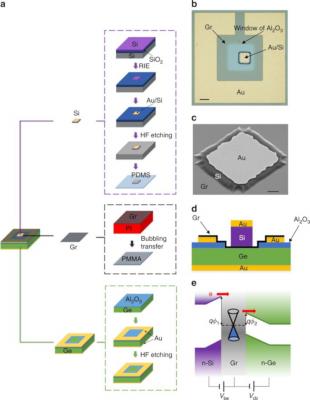
by MBF Admin | Nov 17, 2019 | 2D materials, Aerospace, AGM, Angstron Materials, Audio, Development, Graphene applications, Investment, Products, Research, Technical / Research, Transistors
Researchers from the Chinese Academy of Sciences have fabricated a graphene-based transistor with a Schottky emitter – a silicon-graphene-germanium transistor. Using a semiconductor membrane and graphene transfer, the team stacked three materials including an...
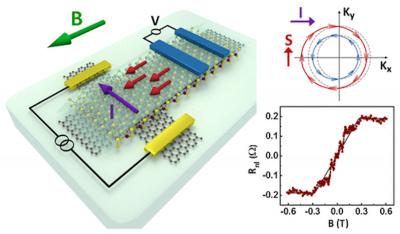
by MBF Admin | Sep 18, 2019 | 2D materials, Aerospace, AGM, Angstron Materials, Audio, Development, Graphene applications, Investment, Products, Research, Spintronics, Technical / Research, Transistors
Physicists from the University of Groningen constructed a two-dimensional spin transistor, in which spin currents were generated by an electric current through graphene. A monolayer of a transition metal dichalcogenide (TMD) was placed on top of the graphene to induce...
by MBF Admin | Aug 25, 2019 | 2D materials, Aerospace, AGM, Angstron Materials, Audio, Development, Graphene applications, Investment, Products, Research, Technical / Research, Transistors
In November 2018, researchers from the University of California, Santa Barbara presented a paper on CMOS-compatible graphene interconnects. Following this work, a team of University of California Santa Barbara (UCSB) engineering researchers recently came out with a...
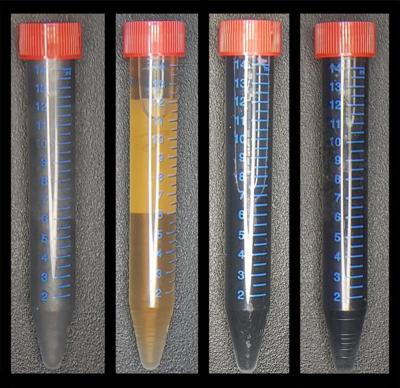
by MBF Admin | Jul 14, 2019 | 2D materials, Aerospace, AGM, Angstron Materials, Audio, Development, Graphene applications, Graphene composites, Graphene Ink, Graphene Oxide, Graphene production, Graphene Sensors, Investment, Products, Research, Technical / Research, Transistors
Researchers at the U.S-based University of Rochester, along with colleagues at Delft University of Technology in the Netherlands, have designed a way to produce graphene materials using a novel technique: mixing oxidized graphite with bacteria. Their method is...





